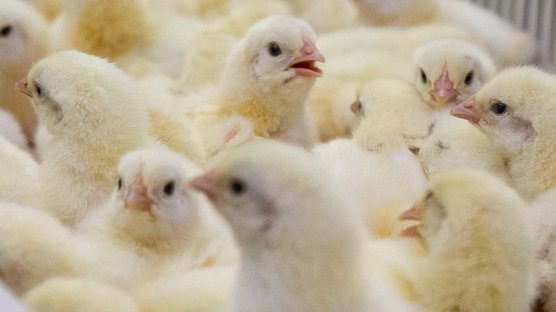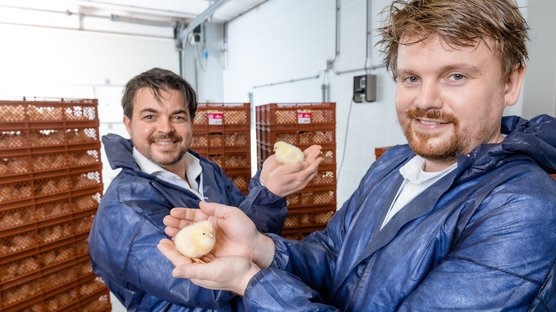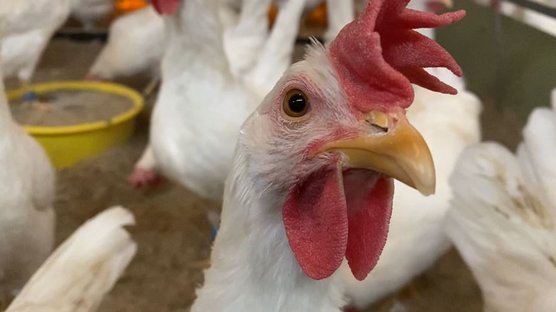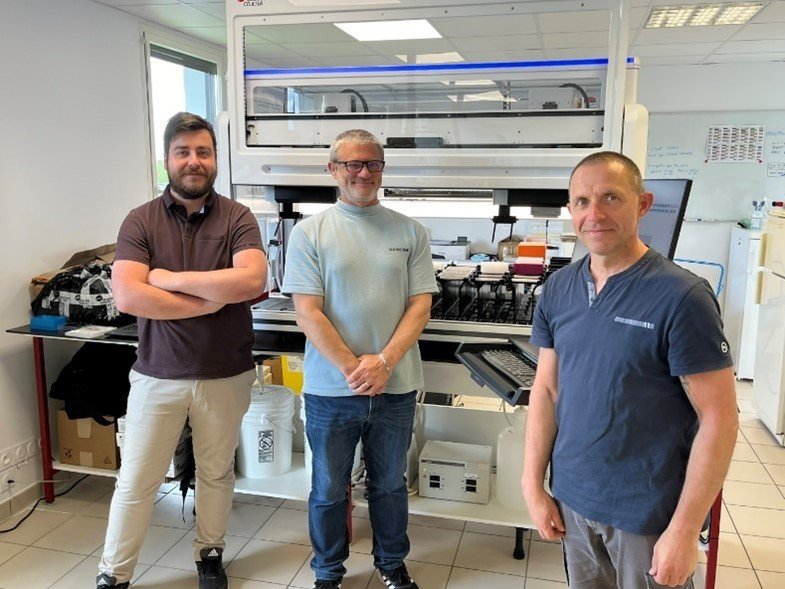
Published on Dec. 16, 2024
Introducing the New Multi-Species SNP Chip
One of our biggest priorities at Hendrix Genetics is our commitment to continuous innovation. We are very proud to present the results of our latest step in accelerating genetic progress: the development of the multi-species SNP chip.
This milestone represents extensive collaboration within our R&D teams and clearly demonstrates the strength and advantages of a multi-species breeding center.
The Importance of SNP Data
Investing in SNP data collection and Genomic Selection is crucial for our breeding program. By adding and incorporating SNP information into our selection decisions, we are achieving faster genetic improvement as we can select our breeding candidates with more precision.
Previous to the development of the new multi-species chip, our standard practice was to utilize one SNP chip per species. The R&D-team identified a potential solution that would improve our efficiency, optimize resources, and enhance overall genetic improvement: the multi-species SNP chip.
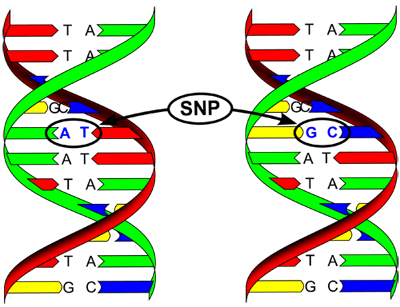
What is a SNP?
A SNP (Single Nucleotide Polymorphism) is a variation at a single position in a DNA sequence among individuals of a species. SNPs occur when a single nucleotide (A, T, C, or G) in the genome is replaced by another. For example, in one individual, the DNA sequence may read AAGCCTA, while in another, it may read AAGCTTA.
Key Points:
- Common Occurrence: SNPs are the most common type of genetic variation in humans and other species.
- Genetic Markers: They are often used as markers in genetic studies to associate specific genetic variations with traits or diseases.
- Applications in Breeding: In animal breeding, SNPs help identify genetic traits linked to performance, health, or adaptability, enabling genomic selection to improve breeding programs.
Benefits of the Multi-Species SNP Chip
The implementation of the Multi-Species SNP chip creates greater efficiency and allows us to increase the number of genotypes for all our species. This directly relates to faster genetic progress in all our animal breeds. After the Multi-Species SNP chip was developed it underwent extensive testing by our Global Genotyping Team to ensure reliability and high-quality results.
The development of the Multi-Species SNP chip sparked further innovation with the implementation of a robot to manage the increased number of genotypes. This technology enhances automation, streamlining sample handling and DNA extraction.

Impact for genetic gain in Layers
This new technology will further strengthen the genetic progress on the persistency of egg production, egg shell quality and robustness. It will result in many more eggs per hen housed for egg producers all around the globe. The highest additional gains are seen in low heritable traits like liveability, hatchability and robustness. On top of all this genetic progress, the genotypes with the multi-species chip will help to improve the accuracy of additional traits, for example related to animal welfare.
The Power of Collaboration
This achievement would not have been possible without the in-depth knowledge, the dedication and passion of all our R&D members. We are eggcited to fully utilize this new technology and unlock its full potential to create more genetic progress in all our layer breeds!

